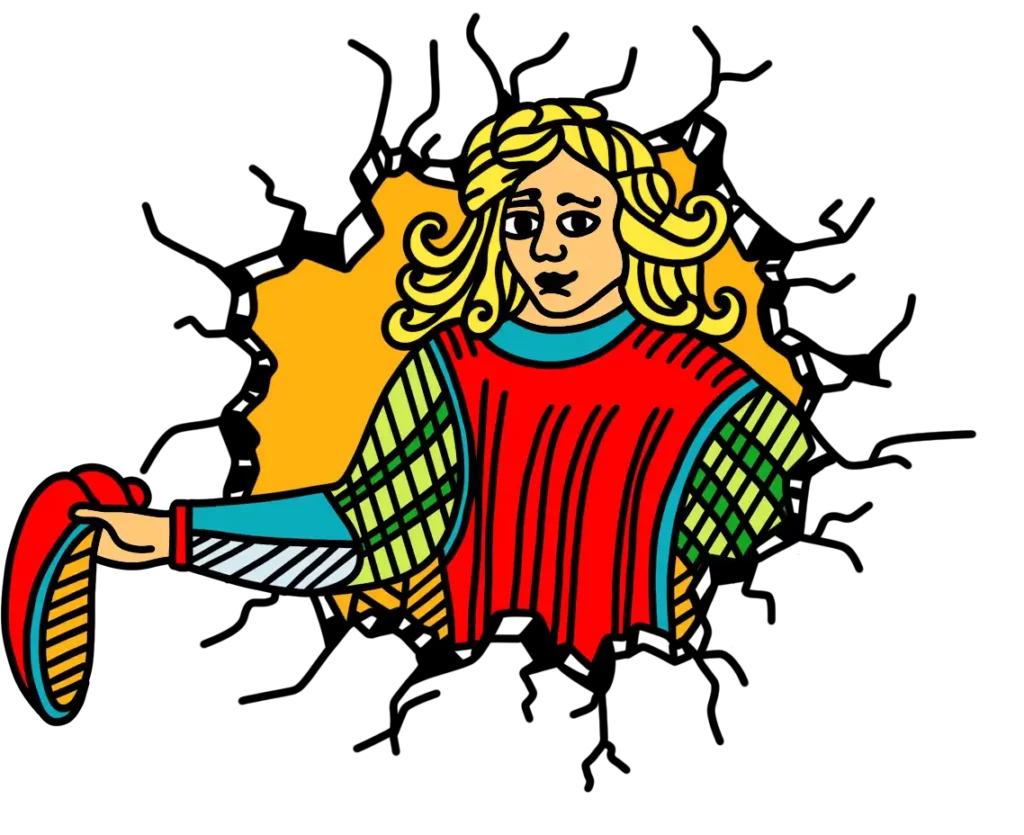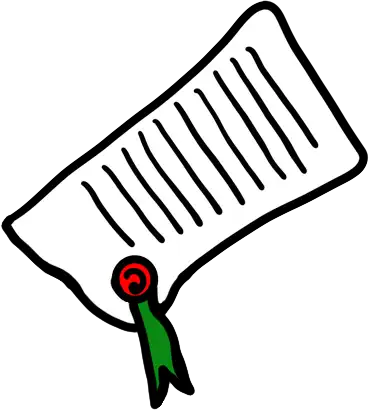
“Doubt is the key to all knowledge.”

Knowledge is a concept that is both universal and complex. It can be defined as the understanding of facts, ideas and principles, acquired through “experience”, study and reflection. Thus, knowledge and knowledge are two terms that are often used interchangeably, but which actually have different meanings. To know or to know? These 2 notions are complementary. Knowledge is the accumulation of a varied amount of information. It is generally transmitted through teaching, books or any other form of media. We store , knowledge is stored in me. The library is a place of knowledge, like the university. Knowledge is a quest for truth. Knowledge calls uponexperience, intuition. Knowledge explores new paths beyond acquired knowledge. Knowledge is a quest. On the pediment of the temple of Apollo at Delphi, the famous Socratic phrase is inscribed: “Know yourself, and you will know the universe and the gods.” The The path to knowledge sometimes requires deprogramming certain knowledge. This leads to the question of doubt?
Knowledge is an essential tool for understanding the world around us and for our personal development.Do doubt question us? questions us? takes us on the paths of knowledge, but also in a quest for knowledge. We have the certainty of truths until the next doubt. “All I know, it is that I know nothing, while others believe they know what they do not know”, teaching of Socrates.We establish theories that are justified as true until proven otherwise. Knowledge is a path of doubt and questioning. The quest for knowledge has been a source of inspiration for many people throughout history. Thinkers and scholars have devoted their lives to the study and exploration of different fields of knowledge, such as science, philosophy, theology, history and the arts. They sought to understand natural laws, the origins of the universe, human nature and the fundamental questions of life. Doubt is an essential element of knowledge because it forces us to question question what we think we know and to constantly seek new information to supplement our understanding of the world. Doubt is a driving force in the search for truth. It is through doubt that we are able to question our beliefs, assumptions and theories, and explore new areas of knowledge. Doubt encourages us to seek new evidence and reconsider existing facts, to build a deeper and more accurate understanding of our world.
However, doubt should not be confused with complete confusion or uncertainty. Doubt is a tool to incite reflection and critical analysis, and must be accompanied by active research of the truth.A change occurs in 3 phases, the first the improbability of the thing, then the potentiality of the thing and finally the evidence of the thing. This chain is characteristic of doubt . We don’t believe it, then we doubt, ending with the evidence of the truth.The evidence that our knowledge was eroded. Doubt is the key to our knowledge.
Doubt
Certainties
Truth
Know
Acquaintance
Work on oneself
Experience
Intuition
Revolution
Blow up the truth
Learning
Evidence
Quest
Discover other paths
Improbability
Gather
Transmit
Horizon


